Muslim Identity Politics: Islam, Activism and Equality in Britain (Library of European Studies)
£27.00£31.30 (-14%)
The surge in divisive and far-right politics and growing Islamophobia in Britain pose new challenges for Muslim advocacy organisations. British Muslim activism has taken centre stage in the public sphere as a result. Yet for over fifty years Muslim advocacy groups have worked to preserve religious identity, lobby the state and provide concerted responses to the political establishment.
This is the first book to chart critically the national and global factors influencing the political mobilisation of British Muslim activists as Muslims. Khadijah Elshayyal traces the changes of thought, direction and method within Muslim identity politics after 1960, noting key organisations and turning points such as the Rushdie Affair, the 9/11 attacks, the 7/7 bombings and the current conflict in Syria. The book argues that the Rushdie Affair prompted new debate around the subject of freedom of expression, which has continued to be a point of contention ever since. Providing a history of the interaction between Muslim advocacy groups and the state, and the impact of state policy on Muslim communities, Muslims Identity Politics shows that Muslim citizens continue to experience an `equality gap’ and recommends where transformation and progress can be made. Based on primary sources and in-depth interviews, this book is a vital resource for government officials, policy-makers and researchers interested in multiculturalism, Islamophobia and security issues in Britain.
This is the first book to chart critically the national and global factors influencing the political mobilisation of British Muslim activists as Muslims. Khadijah Elshayyal traces the changes of thought, direction and method within Muslim identity politics after 1960, noting key organisations and turning points such as the Rushdie Affair, the 9/11 attacks, the 7/7 bombings and the current conflict in Syria. The book argues that the Rushdie Affair prompted new debate around the subject of freedom of expression, which has continued to be a point of contention ever since. Providing a history of the interaction between Muslim advocacy groups and the state, and the impact of state policy on Muslim communities, Muslims Identity Politics shows that Muslim citizens continue to experience an `equality gap’ and recommends where transformation and progress can be made. Based on primary sources and in-depth interviews, this book is a vital resource for government officials, policy-makers and researchers interested in multiculturalism, Islamophobia and security issues in Britain.
Read more
Additional information
| Publisher | I.B. Tauris (28 Nov. 2019) |
|---|---|
| Language | English |
| Paperback | 348 pages |
| ISBN-10 | 1838602046 |
| ISBN-13 | 978-1838602048 |
| Dimensions | 13.79 x 2.21 x 21.59 cm |


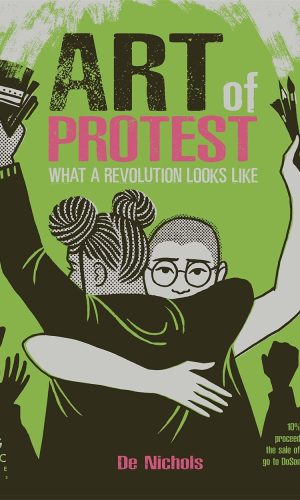
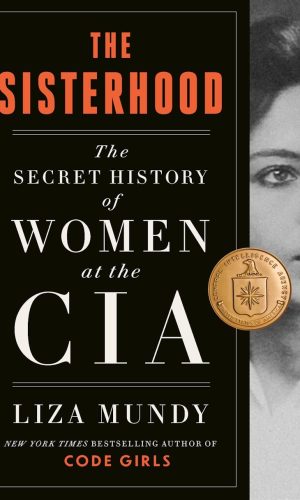
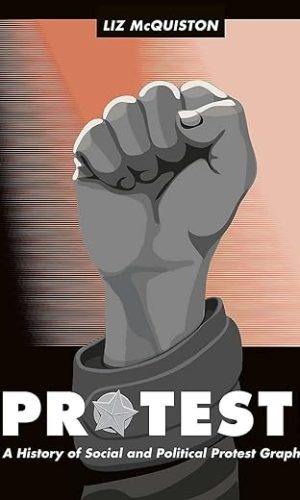
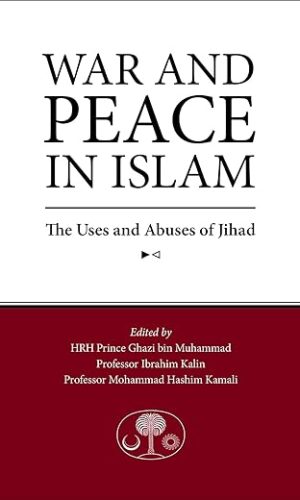


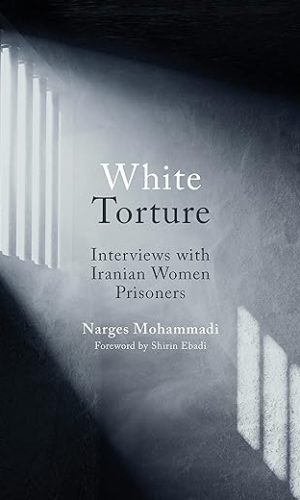
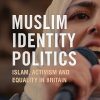
by A reader
This is a must read for anyone interested in the relationship between British Muslims and the state. Based on years of painstaking research, it provides an authoritative account of how successive governments have attempted to manage their highest profile religious minority and how different Muslim activist organisations have attempted to achieve equality. Will be of value to journalists, policy makers, academics and students religion, race and ethnicity.
by HarryS
The Delhi Divine, Shāh Walī Allāh (1703-1762) mentions in his magnum opus, the conclusive proof of God (Ḥujjāt Allāh al-Bāligha), that one of the key methods to achieve human felicity (sa’ādah) is the indispensability of justice (‘adālah) in any form governance or social arrangement. In this contemporary undertaking, Khadijah Elshayyal, interweaves this notion of justice with the key idea in the West of equality. The book traces the journey of Muslim identity politics from identity preservation in the 1960s to its formalisation. The key thread is freedom of expression and the development of an Equality Gap in the arena of political engagement and claims-making. The journey begins by looking at themes including free speech and equality and how they are understood by various actors. This sets the stage for detailing significant moments where political interaction and engagement has taken place, and the subsequent organisation of Muslims as a result. The focus shifts to the formalisation of Muslim identity and in particular on national level representation following the infamous Rushdie affair (78). Here is where the Equality Gap comes to the fore where Muslims were (are) not being treated fairly in comparisons to other citizens (76). The rollercoaster ride that is Muslim engagement and organisation is then depicted within the 9/11 climate. Here we observe increasing levels of community organisation in tandem with a heightened level of national security. This led to positive engagements between the state and organisations such as the MCB, and the narrowing of the Equality Gap. Also, we see how discourses around religious hate speech was framed in terms of equality with other minorities (and less so to do with invoking blasphemy for example) (126). A number of tangible outcomes were achieved around funding for Muslim schools and the inclusion of a question on religion in the national census. A sense of maturity was emerging, and engagement was promising.
However, 7/7 in London was to invoke a downward shift where a two-pronged approach to Muslims emerged from the state. The hard approach involved increasing so called anti-terror legislation while the soft approach culminated in the now infamous Prevent strategy (146). However well-intentioned such a strategy was, it ignored the reasoned and evidence-based literature on the social, political and economic causes for radicalisation (138). A pre-engineered agenda was favoured by the state instead (149). On the ground, it was also a time for younger Muslims to come to the forefront and take the helm at writing their own futures. The MCB for example, came to realise that it was now in a marketplace with other organisations after deciding that it wanted to part with the government and its foreign policy ambitions (160). Conditional engagement was a step too far even as other monitories and religions were not required to do the same. Muslims were being singled out and equal treatment is lacking. This is further exacerbated by the fact that despite legislation assisting in gaining some form of equality, structural forms of discrimination in practice persists. The bias nature with which fundamental British values, for example, is applied to or enforced upon vis-a-visa various legal mechanisms on Muslims in particular is a clear example. Greater introspection on part of the MCB, however, attuned their focus on working with closer with Muslim communities and has, as a result, increased its support (167). Credibility and trust are pivotal when working with the Muslim community. It is this very community despite the challenges it faces around securitisation which is exercising its agency to form new and creative ways of engaging in politics. Their search for equality in practice will continue for some time to come. While honest and frank, this book provides much to reflect upon and provides an interesting insight into Muslim organisation.